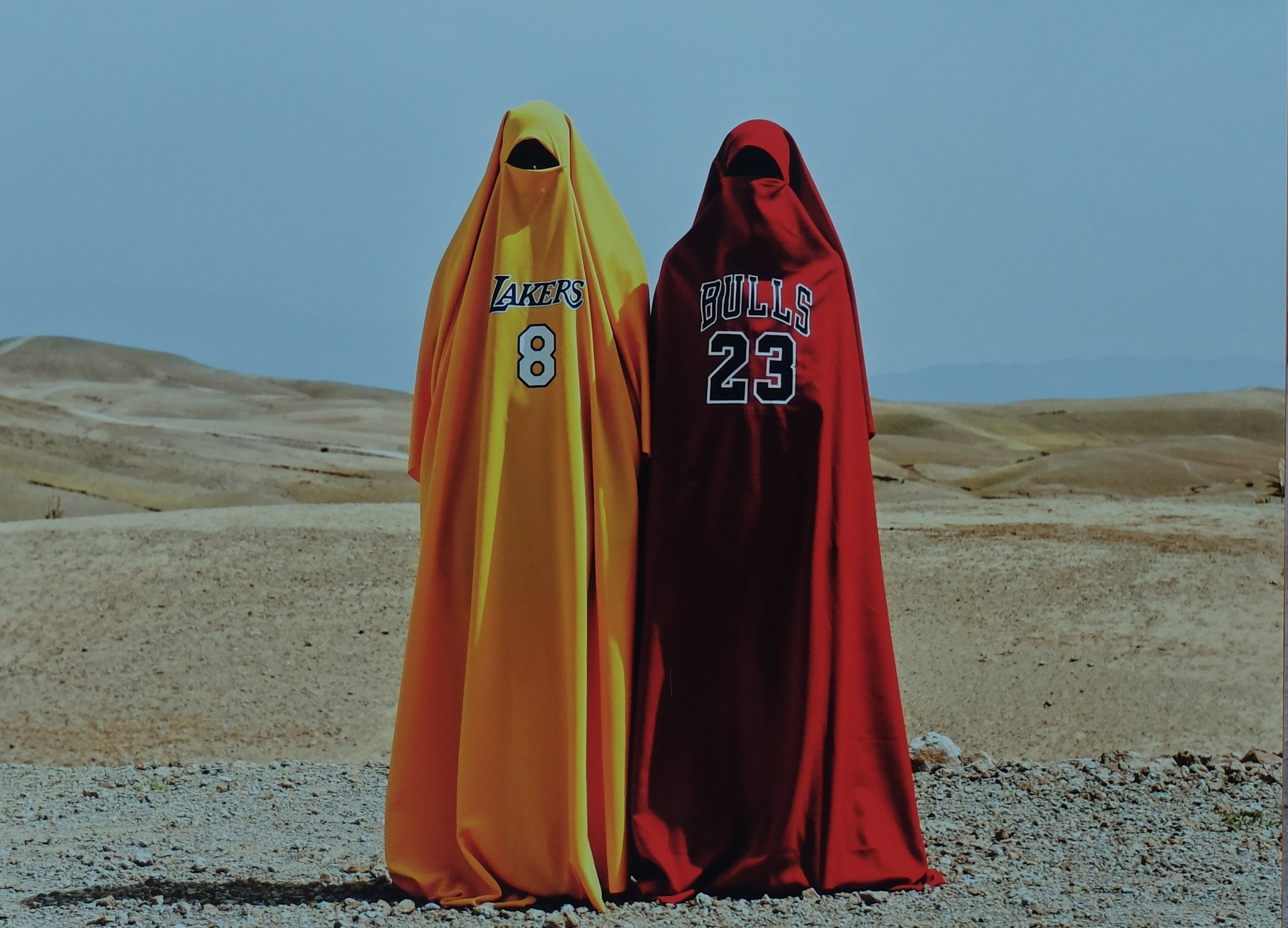Islamism 1

“… Khomeini was actually a radically modern leader. For one, the cleric’s notion that the Iranian nation did not stem from any general or popular will but derived from God‘s mind, which as a charismatic leader he arrogated himself the right to interpret, was wholly novel: an extraordinary deviation, in fact, from a politically quietist Shiite tradition in which all government appeared illegitimate in the absence of the Twelfth Imam.
Khomeini belonged to a long line of revolutionary nationalists that began with Giuseppe Mazzini … Khomeini’s ideas were embedded in modern notions of representation and egalitarism. His notion of state power as a tool to produce a utopian Islamic society was borrowed from the Pakistani ideologue Abu Al-Ala Maududi, whose works he translated into Farsi in 1963. (Maududi’s vision of imposing Islamic order from above in turn was stimulated by Lenin’s theory of an elite as vanguard of the revolution.) …
With its many affronts to dignity and freedom, the Revolution was in this respect like the many self-defeating projects of human liberation since Rousseau started to outline them in the eighteenth century. … The Islamists … offered dignity – often a substitute for freedom in the postcolonial context …
Khomeini … grasped more clearly than modernizing-by-rote monarchs and despots the deeper and transformative potential of the idea brought into being by the Enlightement: that human beings can radically alter their social conditions. …
A religious or medieval society was one in which the social, political and economic order seemed unchangeable. … The idea that suffering could be relieved, and happiness engineered, by men radically changing the social order belongs to the eighteenth century. …
The idea of a perfectible society … turned into a faith in top-down modernization; and transformed traditional ways of life and modes of belief – Buddhism as well as Islam – into modern activist ideologies. …
Meanwhile, the religious impulse had not simply disappeared in Europe … Europeans simply had erected new absolutes – progress, humanity, the republic – to replace those of traditional religion and the monarchy. … The metaphysical and theological core of Christianity … was often found at the heart of modern projects of redemption and transcendence … Revolution or radical social transformation effected by individuals was increasingly seen as a kind of Second Coming; violence initiated the new beginning; and in the final approximation of Christian themes, history was expected to provide the final judgement … Nearly every major thinker in Europe … also transposed Christian providentialism into would-be rationalistic categories. …
Christian eschatology even suffuses the political ideals of today‘s insistently Islamic radicals and Hindu nationalists – an inescapable irony of history … The cross-currents of ideas and inspirations, … the varied ideological inspirations of Iran’s Islamic Revolution (Zionism, Existentialism, Bolshevism and revolutionary Shiism) – reveal the picture of a planet defined by civilizations closed off from one another and defined by religion (or lack thereof) is a puerile cartoon. …
Radical Islamists or Hindu nationalists insist on their cultural distinctiveness and moral superiority precisely because they have lost their religious traditions, and started to resemble their supposed enemies in their pursuit of the latter’s ideologies of individual and collective success …”
aus: Pankaj Mishra: Age of Anger, a History of the Present. O.O.: Allen Lane (Penguin Random House) 2017, S. 153-159.
Abb.: Ausschnit eines Werkes von Mous Lamrabat, Foto Biennale Oostende 2023, auch im Internet.
05/18